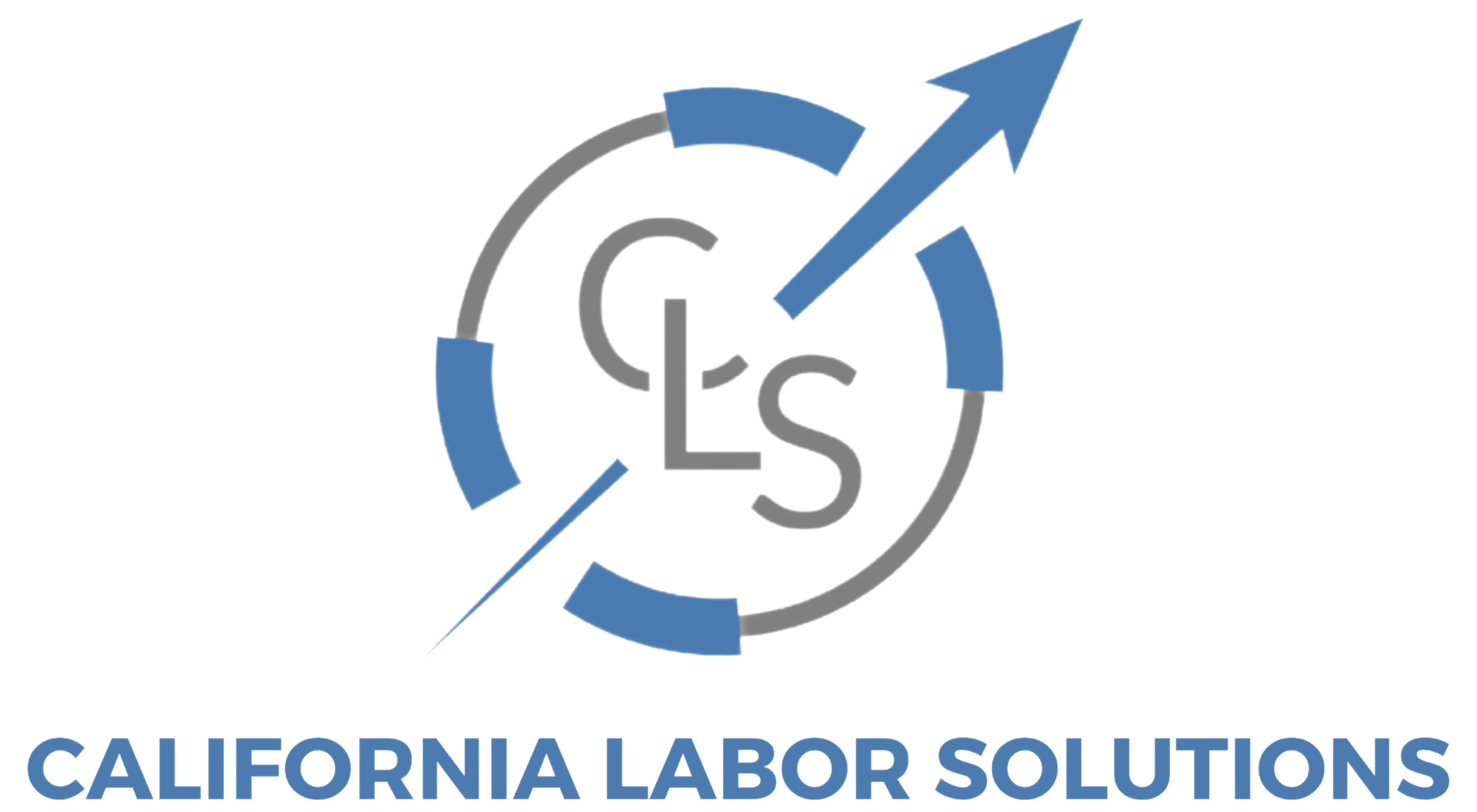Understanding and effectively addressing instances of retaliation within an organization in California is crucial for maintaining a positive work environment and preventing potential legal and financial liability. It is important to proactively address and resolve any instances of retaliation to uphold team morale, foster productivity, and preserve the overall corporate reputation.
What is workplace retaliation?

Workplace retaliation refers to any negative or adverse action against an employee for exercising their legal rights, such as raising concerns, filing employee complaints, assisting a coworker in reporting a complaint, participating in a workplace investigation, whistleblowing, refusing to participate in illegal activities, requesting reasonable accommodations, or opposing discrimination or harassment. This can include creating a hostile work environment, salary reduction, demotion, or termination.
Common examples of retaliation include:
- Excessive negative performance reviews undermining an employee who has voiced concerns, creating an inaccurate and unfair picture of their performance.
- Harassment by subjecting an employee to unwelcome behavior that creates an uncomfortable or hostile work environment.
- Verbal abuse by targeting an employee using inappropriate, disrespectful, or offensive language.
- Deliberate exclusion intentionally leaving an employee out of meetings, team activities, or crucial communication.
- Demotion by downgrading an employee to a lower position as a form of punishment.
- Reduced working hours: Cutting employees’ hours can significantly impact their earnings.
- Termination of an employee as a repercussion of filing a complaint an employee complaint.
- Denying an employee promotion without valid reasons by overlooking an employee who consistently delivers high-quality work.
- Workplace bullying which involves persistent actions intended to belittle, intimidate, or undermine an employee.
Legal implication of workplace retaliation in California.

When retaliation happens in the workplace, it creates ethical dilemmas and carries severe legal ramifications. Numerous federal laws, including the Civil Rights Act of 1964, the ADA, the FMLA, and the OSHA, explicitly prohibit workplace retaliation. Violations of these laws can result in significant penalties, including fines, damages, and potential imprisonment.
When are findings of retaliation generally unlawful?

If the retaliation (or discrimination or harassment) is based on a protected class or category, it may be unlawful. California law (FEHA) provides protection from harassment or discrimination in employment because of age (40 and over), ancestry, color, creed, denial of family and medical care leave, disability (mental and physical) including HIV and AIDS, marital status, medical condition (cancer and genetic characteristics), national origin, race, religion, sex, and sexual orientation.
EEOC’s latest guidelines that pertain to retaliation in the workplace 
In late 2023, the Equal Employment Opportunity Commission (EEOC) issued new proposed guidance suggesting that investigations should be conducted by an impartial party. If the finding of the investigation is that retaliation is substantiated, immediate corrective measures should be taken, such as disciplinary action, job reinstatement, wage compensation, and anti-retaliation training.
Why choose California Labor Solutions?
California Labor Solutions (CLS) is one of the only HR firms licensed* to conduct workplace investigations in California. We serve private businesses and public-sector organizations throughout the state. We have conducted hundreds of neutral, impartial, objective, and unbiased workplace investigations related to identifying issues and risks within the organization and well as for employee complaints relating to allegations of discrimination, harassment, retaliation, and various types of employee misconduct with the utmost quality, detail, and efficiency.
*California Private Investigator License Number 26311.
Disclaimer:
Please note that the updates, advisories, and regulations we receive from the promulgating agency often contain ambiguities and/or are often amended, modified, or updated. This material/article/email does not contain any legal advice. The information and opinions expressed herein are based on our reasonable interpretation of the issuing agency’s publication at the time the opinion is expressed and is, therefore, subject to change based on further developments. The effect of the opinions expressed may be different based on your particular circumstances, and it is recommended that you not rely upon these general opinions prior to obtaining a consultation with your legal and/or financial advisors.

